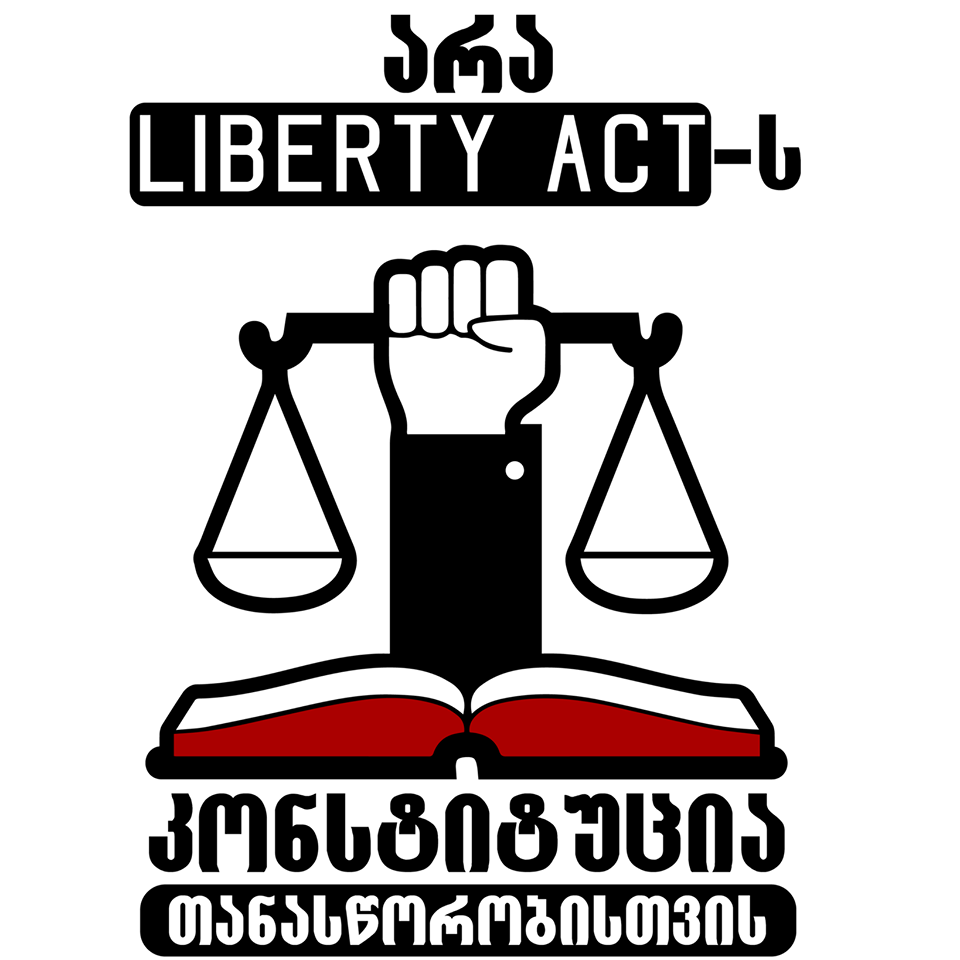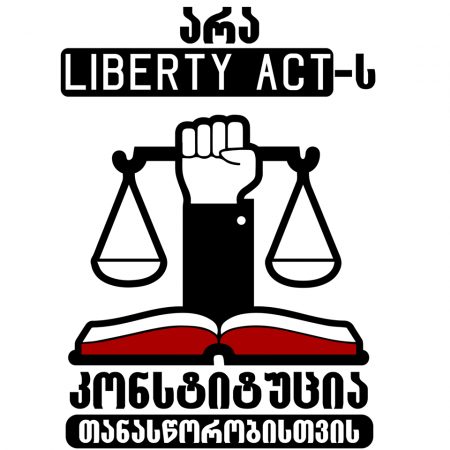In 2010, without any deliberation, the Georgian parliament approved a constitutional amendment, which does not allow raising tax rates or establishing new taxes without holding a referendum. According to the same amendment, only the government has the right to initiate a referendum. This new paragraph in the constitution strips the superior representative body – the Georgian parliament – of the right to determine the country’s economic and tax policy.
Firstly, we should note that no country in the world has limitations on raising taxes written in their constitution. Also, in the constitutions of most of the European countries, tax policy is determined by legislation. Furthermore, several European countries do not allow holding a referendum on the issue of taxes.
It is widely agreed that a democratic constitution, the fundamental document of the unity of the state, should not enshrine a particular economic policy; discussions on economic policy and taxation are part of the ongoing political life. Such a change in the constitution makes the document ideologically bound, and excludes the possibility of respect and allegiance from the people towards the statutes of the constitution that they had no part in writing.
Historically, the main field of political struggle is economic and tax policy in a representative democracy. In democratic elections, the choice of the people is formed primarily by the views of the political parties on the economy. Taking out the issues of taxation from the list of powers of the superior legislative body will make representative democracy deviate towards governance by plebiscite which acts as an obstacle for the consolidation of democracy in newly democratic countries.
Furthermore, the amendment in the constitution that restricts raising taxes limits the ability of the superior representative political body to have a comprehensive plan of economic development and to redistribute resources efficiently and justly. Also, this type of a restriction contradicts the fundamental principles of tax policy–for example, flexibility – and deprives the parliament of the ability to respond to socio-economic challenges. Effective mechanisms for managing the economy are especially essential for developing countries like Georgia.
In light of these hindrances on democracy and effective economic policy, we find the restriction on raising taxes to remain in the constitution unacceptable. We urge the members of the State Constitutional Commission to use this historical possibility and say no to the article in the constitution directed against the people. We are ready to participate in public discussions concerning this issue.
Signed by:
Social Democrats for the Development of Georgia
Social Research Center
Solidarity Network – Workers’ Center
Association of Young Businessmen and Financiers
Media Platform – European.ge
Banks and Finances
Forum for the Social Idea
European Choice in Georgia
Urban Research Center
Women for Justice
Popular Economics Movement
Invisible Labor
Georgia Progressive Forum
Trade Union of Metallurgy, Mining and Chemical Industry Workers of Georgia
Trade Union of Metallurgy and Mining Industry Workers of Imereti
New trade union of Railway workers
Trade Union of Teachers
Transport and Road Workers Trade Union
Urban Reactor
Auditorium 115
Cyber Theatre of Indirect Action
Workshop Praxis
Docomomo Georgia
RED fund (Research education development foundation)
Young Social Democrats of Georgia



